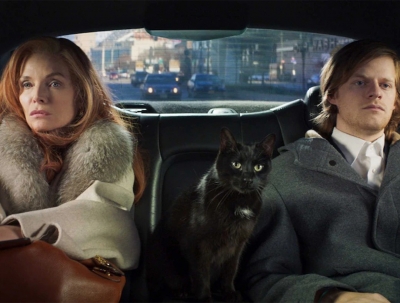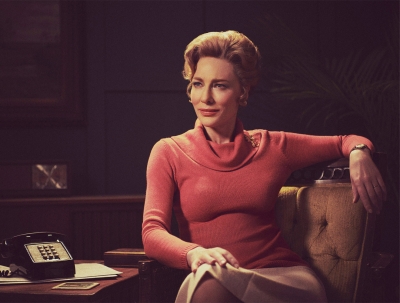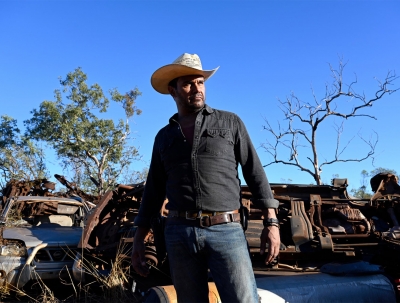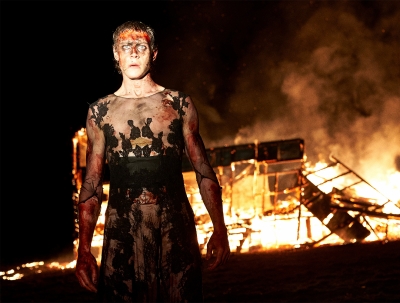Jordan Prosser
‘My plan was to die before the money ran out,’ says Manhattan socialite Frances Price (Michelle Pfeiffer) when confronted with the fact that, after a lifetime of wealth and privilege, she is soon to become insolvent. This rationalisation on the part of our glamorous, widowed heroine tells us a lot about her, and a lot about the film French Exit: they are both unfailingly sardonic, somewhat ill-conceived, and utterly preoccupied with death. The film comes from the Patrick deWitt’s 2018 novel of the same name, and deWitt serves as the sole screenwriter. This also marks the second collaboration between deWitt and director Azazel Jacobs (Terri, 2011), which suggests a certain synergy, a healthy creative continuity from page to screen. It’s all the more disheartening, then, that the film adaptation feels so unfocused; a collection of missed opportunities hinged around a stellar central performance from Pfeiffer.
... (read more)There’s a surprising moment in the 2018 documentary film Ask Dr. Ruth when Dr Ruth Westheimer rejects the idea of being labelled a feminist. Both her daughter and granddaughter are attempting to convince her that she well and truly fits the bill, but Dr Ruth – a ninety-year-old Holocaust survivor, patron saint of sex therapists, noted LGBT+ ally, and lifelong advocate for women’s reproductive rights – laughs it off, presumably because the word ‘feminism’ means something different to her than to the other generations of women in her family. It’s also a word that’s historically prone to being twisted bastardised and sensationalised by those against it, weaponised and aggrandised by those passionately for it.
... (read more)As a genre, the western springs from colonial tension: tension between the old ways and the new; between the native people and an invading population; between humans and the land itself; between lore and the law. There are no westerns set in Britain. And while the gunslinging adventures of cowboy frontiersmen may have receded into the background of American culture, the genre remains ripe with critical and narrative potential for more freshly colonised countries like Australia.
... (read more)Post-traumatic stress disorder is a slippery condition to pin down and portray. Cinema in general struggles to convey the depth and nuance of mental illness, especially when it stems from trauma. We’re often left with frenzied flashbacks, bombastic sound design, and overripe performances that skirt dangerously close to parody. A mental illness is like a haunting, which may be why genre cinema – especially the horror genre – has recently found such success exploring the topic.
... (read more)Terrence Malick’s mid-career output has been as divisive as his early films were revered. After The Tree of Life won the Palme d’Or in 2011, To the Wonder (2012), Knight of Cups (2015), and Song to Song (2017) arrived in uncharacteristically quick succession, testing audiences’ willingness to indulge Malick’s stubborn stylistic sensibilities. His knack for laying bare characters’ inner lives simply didn’t have the same impact when applied to a smattering of good-looking celebrities milling about South by Southwest festival, or Ben Affleck’s middle-aged ennui.
... (read more)The suggestion that any single retelling of the story of the Kelly Gang might come close to ‘true’ is laughable, but by drawing attention to this fact at the outset, Carey gives himself unfettered creative licence to embellish the tale however he pleases. And while the aural-visual medium of filmmaking could never hope to recreate the unique interiority of Carey’s Kelly or the breathtaking poetry of his loquacious, first-person prose, Kurzel’s film nevertheless succeeds, positioning itself less as a direct adaptation and more of an invocation. It summons the same restless spirit as the novel, and permits itself those same grand liberties with the so-called ‘truth’.
... (read more)





